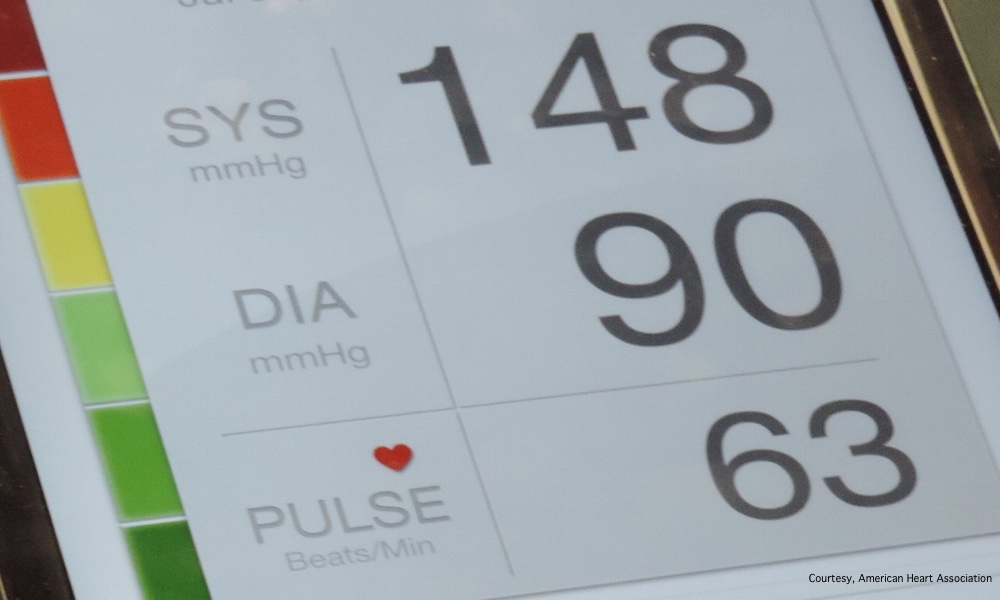High blood pressure (HBP) is not only all too common, many of us aren't even aware we have it. It puts a strain on our heart and blood vessels, as well as our eyes, kidneys and brain.
Recently researchers looked at the effects untreated high blood pressure have on our brains, specifically, the risk of developing Alzheimer's disease (AD) and other non-AD dementias (non-AD) later in life.
The new research analyzed data from 14 existing studies on aging which encompassed 31,250 participants from a group of studies called the Cohort Studies of Memory in an International Consortium (COSMIC). Participants were excluded if they were younger than 60 years old or had a dementia diagnosis during the initial assessment.
Blood pressure measurements were taken at the initial assessment, with an average of up to three readings. Hypertension histories and antihypertensive medication use, as well as background information such as age, education, sex and other health conditions were also collected.
After analyzing the extensive data, the researchers found:Participants with untreated hypertension had a significantly higher risk of developing Alzheimer's Disease.
- Participants with untreated hypertension had a significantly higher risk of developing AD.
- Those with treated hypertension did not show an increased risk of AD.
- Both treated and untreated hypertension were associated with a higher risk of non-AD dementia compared to healthy controls.
- The untreated hypertension group also had a significantly higher risk of AD compared to those with treated hypertension.
- No difference in non-AD risk was observed between those with effectively controlled and uncontrolled hypertension.
The good news? It's never too late to treat your hypertension. The study's senior author, Matthew Lennon, a researcher at the Centre for Healthy Brain Ageing at the University of New South Wales, told CNN, “This relationship is not altered by increasing age, which indicates that even those in their 70's and 80's, are at significantly lower risk of Alzheimer's disease if hypertension is treated.”
Unfortunately, many people with high blood pressure who are prescribed medication either fail to take it on a regular basis or have treatment-resistant hypertension. Worldwide, only 1 in 5 adults have their condition under control according to the World Health Organization (WHO).
- Eating a well-balanced diet with plenty of fresh fruits, vegetables and lean protein. Limit processed foods and saturated and trans fats.
- Limiting alcohol to no more than 2 drinks a day
- Engaging in regular physical activity, aiming for 150 minutes a week of moderate aerobic activity
- Quitting smoking
- Managing stress with meditation, spending time in nature, practicing gratitude
- Taking your medications
The study is published in the journal, Neurology.





